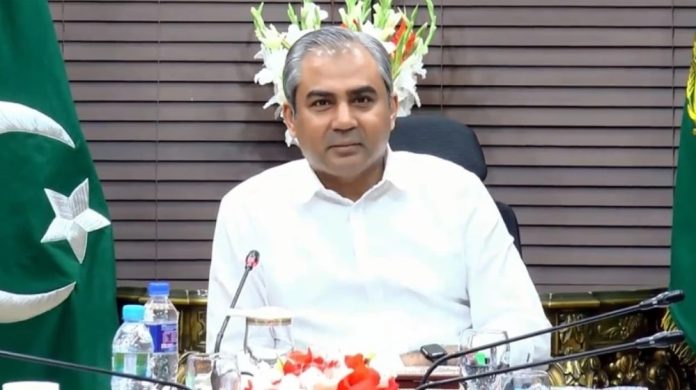———- Says Pakistan has implemented several legislative, administrative measures to curb irregular migration
———- Stresses need for comprehensive global mechanism to ensure legal immigration
By Asghar Ali Mubarak
ISLAMABAD: Interior Minister Mohsin Naqvi has emphasised the need for comprehensive strategies to address irregular migration, highlighting the impact of prolonged conflicts, economic instability, and climate change.
Speaking at the 7th Budapest Process Ministerial Conference in Hungary on Wednesday, Naqvi said these global challenges require a concerted effort to manage migration effectively.
He noted that Pakistan has implemented several legislative and administrative measures aimed at curbing irregular migration. In addition, the government is prioritising public awareness campaigns to highlight the risks associated with migrant smuggling.
Naqvi further explained that Pakistan is actively working to enhance bilateral agreements and establish talent partnerships with European Union countries and other international partners. This, he said, would help diversify legal migration pathways and offer more opportunities for lawful migration.
He also expressed concern over the growing anti-immigrant sentiments worldwide, which are often fuelled by populist rhetoric. He stressed the importance of combating such sentiments to ensure fair treatment of migrants and refugees.
Moreover, Naqvi highlighted the global complexities of human trafficking, calling for a coordinated international response as no single nation can confront this issue alone.
In meetings with Swiss Migration Minister Christine Schraner Burner, EU Migration Chief Johannes Luchner, and International Centre for Migration Policy Development Head Michael Spindelegger in Hungary, discussions focused on joint efforts to combat human trafficking and irregular migration. Naqvi welcomed EU collaboration and stressed that sustainable actions today could shape a safer future for future generations. He further stressed the need for specialised training and deeper cooperation among institutions to effectively address these pressing challenges.



